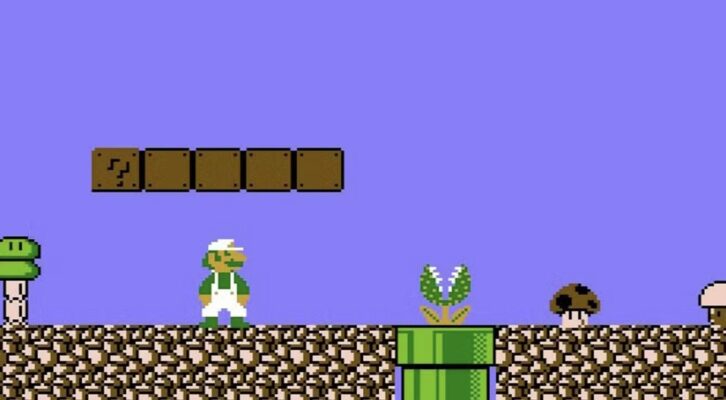Every once in a while, a story appears in the media about a “time capsule” in the form of the contents of an apartment, unchanged in all the years a recently departed tenant lived there, or a house left vacant while ownership has been tied up on the courts, sometimes for decades, that has finally been awarded to an heir. Many an old house is sold with some of the original owner’s possessions still stored in the attic—a treasure trove for the inquisitive buyer to explore.
My own time capsule story, Murder, She Edited, grew out of a fascination with such tales, combined with the traditional question writers ask themselves: “What if . . . ?”
My senior sleuth, Mikki Lincoln, walks into a time capsule—the interior of an old farmhouse that looks just as it did in 1958, when the last residents fled the scene of a heinous crime. The house is familiar to Mikki. As a child, she visited the people who lived there because her mother was a close friend of one of them. What Mikki didn’t know back then was that someone was murdered there soon after her visit. In 2021, to her immense surprise, Mikki discovers she will inherit the property . . . if she can find, edit, and publish certain diaries left behind in the house when it was abandoned.
Although I made up the people who lived in the house and the murder that disrupted their lives, the farm itself is quite real. It belonged to my mother’s family. Since my grandparents lived there, I often visited as a child. The last time was my grandmother’s funeral in March of 1958, when I was ten years old. My memories of the place, however, are still vivid. That’s a good thing, since the farmhouse burned to the ground in 1960.
Before that, it was one of the hundreds of farms in the Sullivan County Catskills region of New York State that operated as summer boardinghouses. The family eventually built an addition onto the original farmhouse to create eight more bedrooms over a dining hall. My great-grandmother did all the cooking when my mother was a girl in the 1920s. Every year, the family also gave up their own rooms for the season. The women and girls slept in the attic, Mom’s father and uncles moved into the barn, and her grandfather bedded down on a mattress on top of the grand piano in the dining hall.
By the time I came among, kitchenettes had been installed along one side of the summer dining hall so that guests could cook for themselves (and keep kosher). The first floor of the original house was where the remaining family lived year round. Although technically the guests were now roomers, we still referred to the farm as a boardinghouse. I can remember many a summer night when I fell asleep to the sound of soft voices on the porch outside my grandmother’s bedroom window.
Originally, the family farmed, keeping livestock and growing crops. They dug a huge farm pond so they could use it to harvest ice in the winter. In the summer it was used for boating and swimming by the guests. Many of those guests came year after year, staying in the same room every time. By the 1950s, the farming was limited to keeping chickens and selling eggs, but the summer people still came every year, leaving me with indelible memories.
This isn’t the first time I’ve used my family’s farm as a setting in one of my books, although it is the first time I’ve had a murder take place there. When I started plotting, I asked myself what might have happened if the property had been left as it was, surviving for over sixty years in a state of suspended animation. In my fictional world, the farmhouse remains unchanged, looked after by a cleaning service, groundskeepers, and a security company. The dilapidated old barn and other outbuildings also became part of the story. Even the boardinghouse angle came into play through a visit to a nearby living history center. That ended up adding a second time capsule to the story.
Fiction is a blend of the real and the imaginary. In the case of Murder, She Edited, all I had to do to create a memorable setting was stage an unsolved murder in a place that actually existed. That my characters abandon their home, leaving behind everything they own, in the same year I last saw the family farm means that the memory of this special place will live on. I think my real family would have liked that.
***


















